Partnered with #1 ADU Builders
Contact Golden State
Drop us a line! We look forward to discussing your next project with you!
Cut the chase! Schedule a face-to-face virtual meeting with us today to dive into your project's next steps.
For our returning clients, experience our streamlined, contact-free project proposal process. Simply fill out our short project questionnaire, and we'll deliver your project proposal within 72 hours.
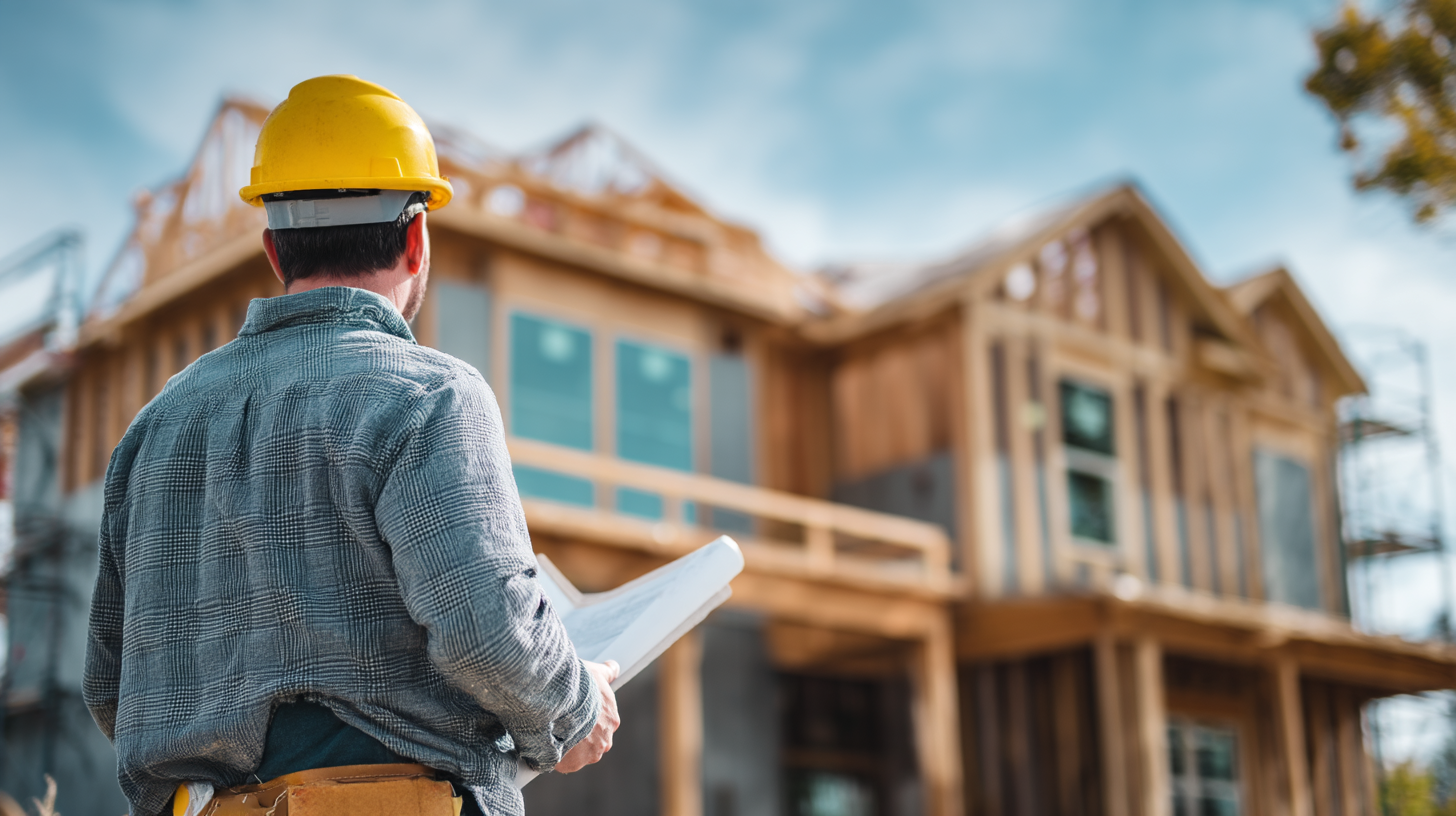
- Golden State Design & Engineering
- Comment 0
How Much Does a Building Permit Cost in California in 2025
Understanding how much does a building permit cost is one of the first questions many property owners ask when planning construction or renovation. If you are a site owner planning new construction, working on existing space, or doing electrical and plumbing work, knowing building permit costs, permit fees, and how the permit process works through your local authority or building department is essential to accurately estimate the total cost of your project.
In this article we break down typical residential building permits and commercial permits, explain the factors that make permit costs vary, and walk through how to obtain proper permits from your building department. You will also learn about demolition permit costs, site plan requirements, permit application steps, and tips to avoid surprises. Let’s dive in.
What Are Building Permits and Why You Must Get Them
A building permit is an approval issued by a building department or local authority giving you the right to proceed with construction, alterations, or demolition on your property. Without proper permits, your work may be deemed illegal, you might face fines, be forced to remove work, or be unable to obtain final approval or occupancy.
When Do You Require Permits?
You will require permits in many situations such as:
- New construction of a new structure, including a shed or other accessory buildings
- Major renovations or alterations to existing buildings, including adding or modifying drinking fountains or access points
- Electrical and plumbing work beyond minor repairs
- Demolition permit when tearing down structures
- Building an in ground pool
- Constructing or modifying an ADU or garage
- Significant structural changes
Even small projects like adding new plumbing piping or rerouting electrical lines often must be permitted, depending on your jurisdiction. Always check with your local building department before starting work. Many building departments provide a module search tool on their website to help site owners determine which permits are required for their specific project.
The Permit Process in General
The permit process typically includes the following steps:
- Prepare and submit a site plan, drawings, and supporting documents to the building department
- Pay the permit application fees
- The building department conducts review or plan check, checking codes, structural, plumbing, electrical compliance
- If corrections are needed you resubmit revisions
- Once approved the permit is issued
- As construction proceeds, inspector(s) perform inspections
- After final inspection, you may receive occupancy approval
Because the building permit depends on how many review cycles, how complex the project is, how large in square feet, and how many specialty trades are involved, the building permit costs can vary dramatically.
Typical Building Permit Costs and Permit Fees (2025 Estimates)
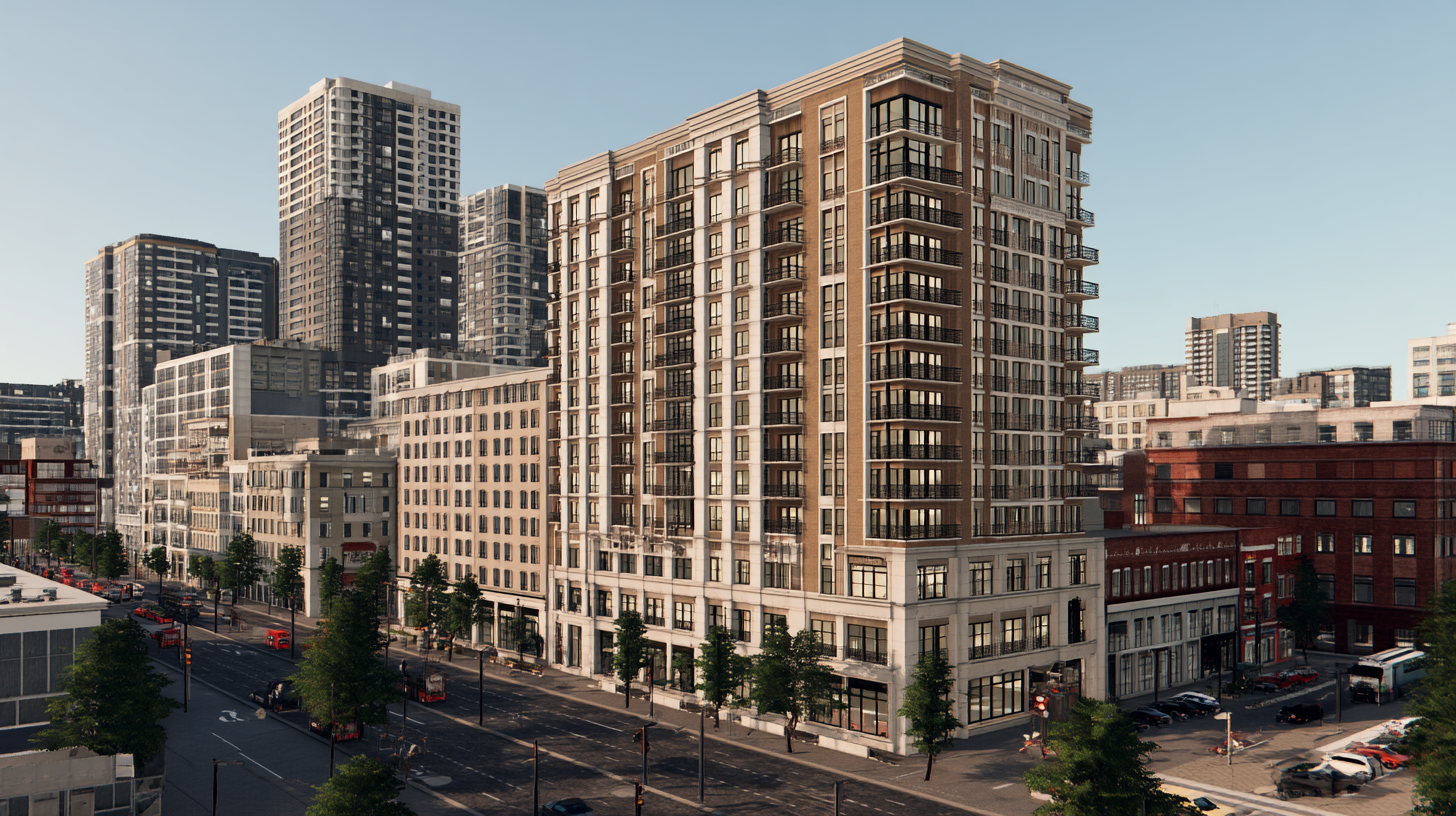
While permit costs differ widely by region and project, here are common ranges and examples to help you budget.
National & General Benchmarks
- According to Angi, the average building permit fee in the U.S. is approximately $1,647, though simple permits for plumbing or rewiring can be as low as $150 and complex projects may exceed $7,500
- HomeGuide suggests permit costs for small jobs like plumbing, electrical, fences, decks often run $50 to $300, while major construction, remodeling, or building a house may range $500 to $2,000
- Many jurisdictions set permit fees as a percentage of total construction cost, often in a range between 0.5 % to 2 % of construction valuation
These benchmarks provide a starting point, but real costs depend heavily on your location, project type, and local codes.
Examples from California Jurisdictions
Riverside County / RCTC Region
In the Riverside / RCTC region, the building and safety authority publishes a deposit of $6,691.95 for a new single‑family residential building permit, which is the initial amount needed to begin processing a permit for a custom home in that jurisdiction
San Diego County & City
- The City of San Diego charges $0.13 per $1,000 of estimated valuation for single‑ and two‑story residential structures, and $0.28 per $1,000 for nonresidential or multi‑story projects
- In San Diego, separate electrical, mechanical, plumbing permits are required for many builds and each is reviewed individually
- The County’s Building Construction Permit Fees schedule provides line item fees tied to valuation brackets for many permit types
Ontario, CA Example
Ontario’s building department fees show a minimum fee for any permit of $47.50, and minimum plan check fees that also must be met, meaning even small structures like a shed must hit a floor in permit fees
Sonoma County / Permit Sonoma
Permit Sonoma uses an International Building Code valuation table to compute both plan check and permit / inspection fees. For example, for the residential side:
- For valuation up to $500, base fee might be $68
- For $501 to $2,000, plus $3.66 per additional $100
- For higher brackets the per‑$1,000 rates decline as valuation rises
These examples show how building permit costs are often tied to construction valuation and square footage via formula.
Building Permit Cost by Project Type
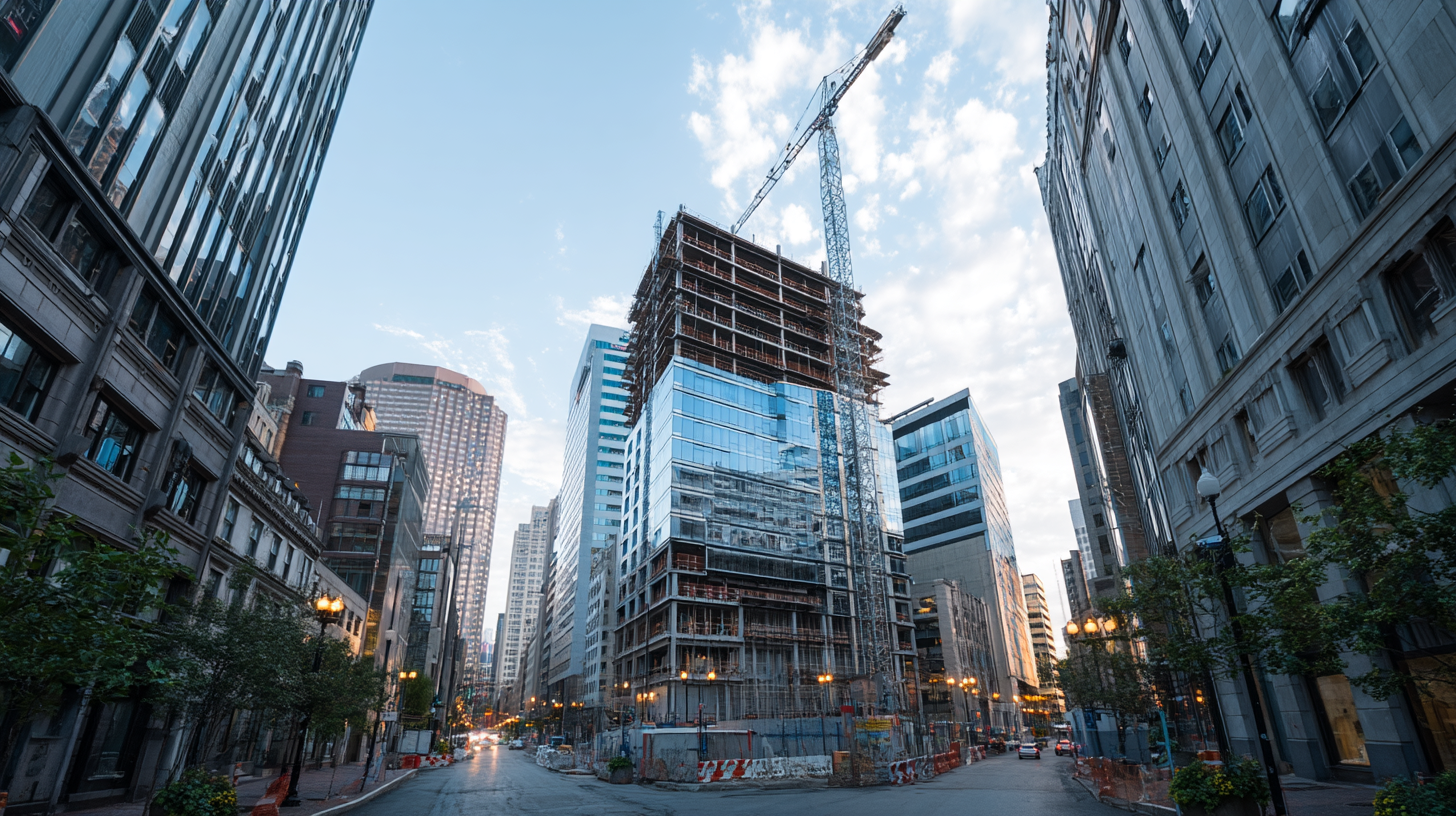
Permit costs depend heavily on the project’s size, complexity, and which systems are involved.
Small Projects & Minor Trades
Projects such as replacing a toilet, installing a small water heater, or light electrical re‑wiring may require permits. The permit costs often are in the $50 to $300 range, especially for plumbing work or electrical and plumbing work that is limited in scope
Because these are low complexity, the building permit is simple and the application paperwork minimal.
Remodels, Additions, and Alterations
When you remodel a kitchen, bathroom, or add a new room, your permit fees grow. You are essentially combining multiple trade permits and structural review. A typical permit range might be $1,000 to $3,500 for moderate remodels. If the alteration involves structural changes, the cost could climb higher.
ADUs, Garages, and Small Accessory Structures
An Accessory Dwelling Unit (ADU) is often somewhere between a small project and a full house. For an ADU of modest size, permit costs may run several thousand dollars. For example, in jurisdictions that allow permit ready ADU deposits, the deposit might be in the mid‑$4,000 to $6,000 range
Similarly, a garage conversion or detached structure such as a shed may require a full permit including structural, plumbing, and electrical reviews.
New Custom Homes & New Structure Projects
When building a single family home, new structure or a complete “ground up” build, building permit costs typically include a plan check, multiple inspections, impact fees, utility fees, and specialized reviews. It is common for permit fees to be 1 % to 2 % of the total construction cost.
For example, if construction is projected at $500,000, permit fees might fall between $5,000 and $10,000, but could be more depending on local fees.
Commercial Permits
Commercial permits tend to be more expensive for two reasons: increased complexity, and involvement of more agencies (fire, accessibility, environmental). A commercial new building may incur deposit fees in the tens of thousands, Riverside’s schedule shows commercial new building deposit at $11,567.28 in certain jurisdictions
Also demolition permit costs for commercial or industrial buildings may require separate applications and review.
Factors That Drive Permit Costs
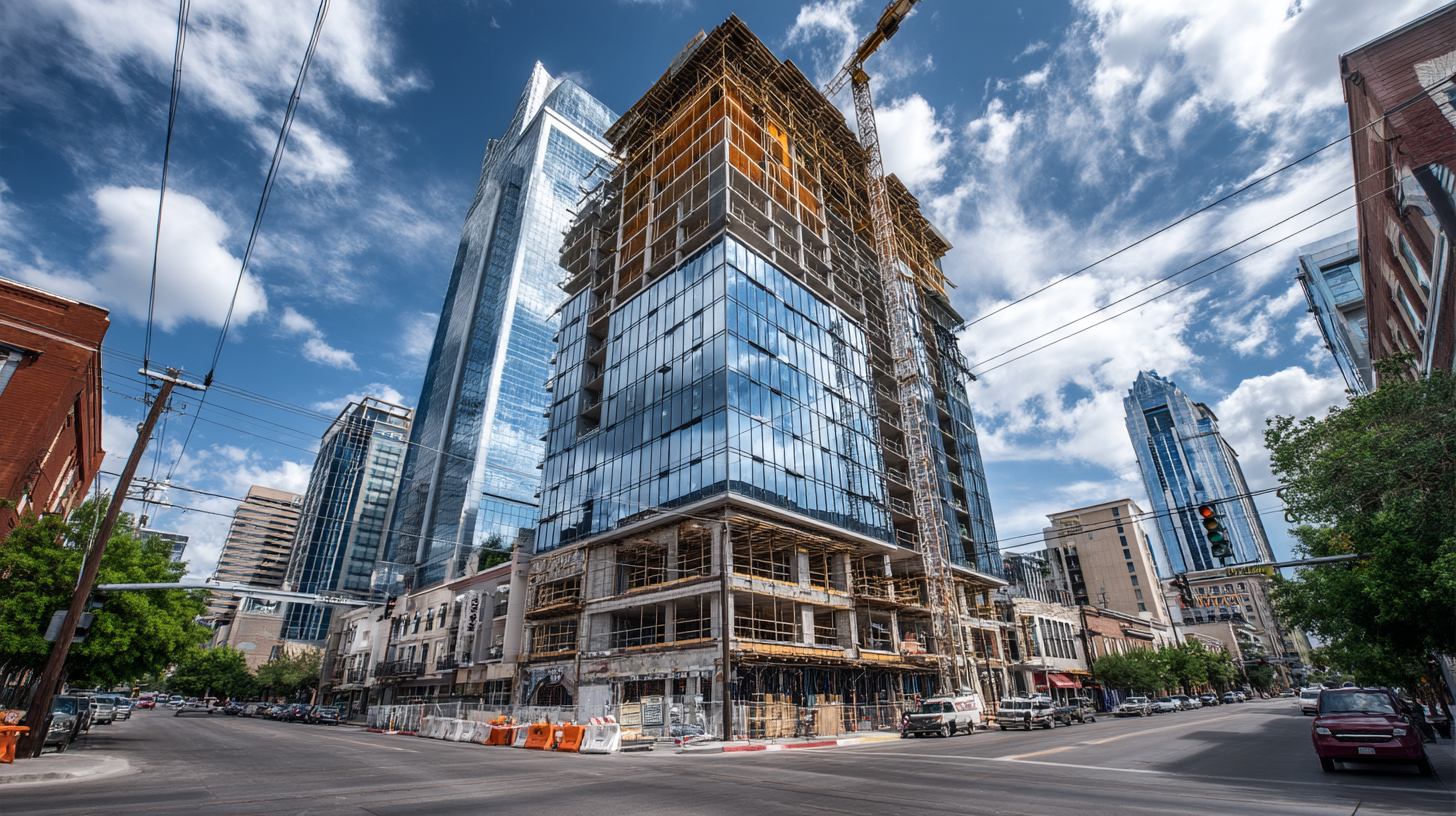
Understanding what influences building permit costs helps you anticipate and manage them.
Project Valuation & Square Footage
Many jurisdictions base permit fees on estimated cost or valuation. The higher the assumed cost per square feet, the more permit fees. Because of this, a luxury finish or expensive materials can push your permit costs upward even if your square footage is moderate.
Project Complexity & Trades Involved
If your project’s size involves multiple systems, structural, mechanical, plumbing, electrical, the permit costs rise. Complex geometries or features (e.g. steep sites, special facades) require more review time.
Location & Local Authority
Each local authority or building department sets its own rates and fee structures. Urban jurisdictions often have higher permit costs compared to rural ones, even for identical projects.
Plan Review & Resubmissions
If your initial submittal triggers many review corrections or resubmissions, you may pay extra recheck fees or additional plan check cycles.
Demolition, Site Work & Grading
If your project involves tearing down structures or significant site grading, you may also need a demolition permit or site plan review. These add cost beyond the building permit itself.
Impact Fees, Utility & Infrastructure Fees
Many local governments assess impact or capacity fees in addition to the permit. In California, impact fees have become significant, some municipalities levy tens of thousands of dollars for roads, schools, park facilities, and utilities .
Recent changes under SB 937 (effective January 1, 2025) now prevent some local authorities from collecting certain development‑related fees until a Certificate of Occupancy is issued, for designated housing developments, which may defer some permit costs until late in construction.
Minimum Fees & Fee Floors
Even small projects often must meet minimum permit fees or base plan check minimums. For example, Ontario, CA sets a minimum permit fee of $47.50 regardless of project scale
How to Estimate Permit Costs for Your Next Project
Here is a recommended approach to projecting permit costs for your next project:
Use Online Fee Estimators and Module Search Tools
Many counties and cities offer permit fee estimator tools or module search features where you input square footage, type (residential, commercial), and valuation estimates to get a ballpark. For example, San Bernardino County provides one such estimator.
Review Local Building Department Fee Schedules
Locate your city or county’s building department fee schedule pdf. Look for formulas by valuation, per‑square‑foot, or percentage tables. Some jurisdictions also publish plan check schedules and minimums (e.g. Sonoma’s schedule).
Break Down Component Costs
Split your project into its components: foundation, structure, roofing, mechanical, plumbing, electrical. Estimate valuation of each. Then apply the formula your building department uses to sum permit fees.
Add Allowance for Revisions & Overages
Include extra buffer (5 %–10 %) for plan check revisions, additional inspections, or unknown complexities that the building department may require.
Confirm with a Qualified Contractor or Permitting Expert
A general contractor or a design engineer can often provide permit fee estimates using their experience with similar projects in your city. At GSDE we provide that guidance for our clients.
Sample Cost Scenarios
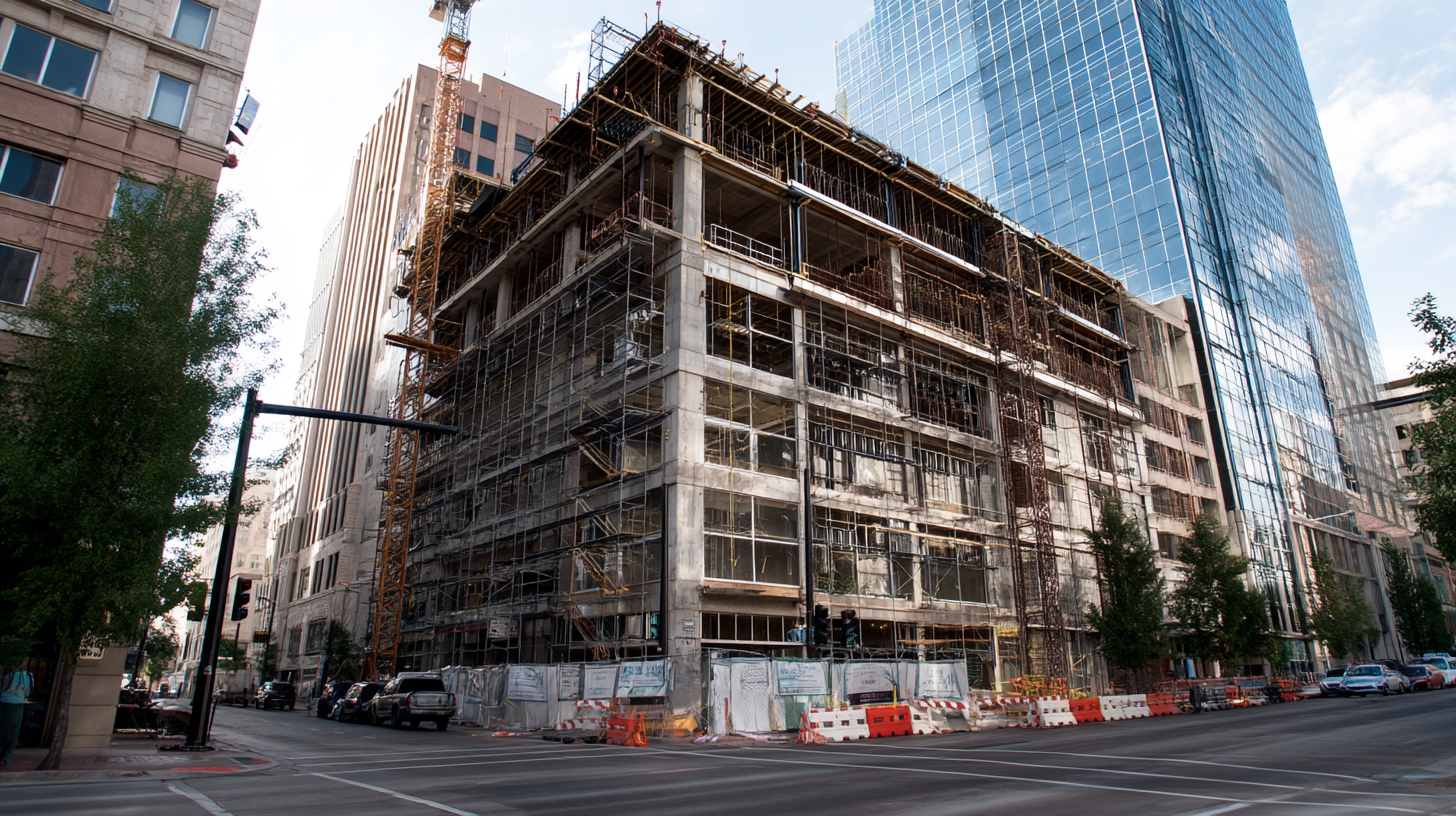
Here are some illustrative examples (for California, 2025) showing how building permit costs could play out:
Example 1: Bathroom Remodel (Existing Space)
- Project: Replace plumbing fixtures, add minor electrical work including drinking fountains
- Square feet: 150 sq ft
- Valuation: $15,000
- Permit cost: expect $150 to $800, depending on jurisdiction
Example 2: Room Addition / Garage Conversion
- Project: Add a 300 sq ft room, structural framing, plumbing and electrical, improve access
- Valuation: $50,000
- Permit cost: likely $1,000 to $4,000 inclusive of plan check and inspections
Example 3: ADU (Detached Unit)
- Project: 800 sq ft ADU
- Valuation: $150,000
- Permit cost: could be $5,000 to $15,000+, depending on local authority and whether impact fees apply
Example 4: New Single Family Home
- Project: 2,500 sq ft home
- Valuation: $600,000
- Permit cost: permit + impact + utility fees might total $8,000 to $18,000+, depending on jurisdiction
Example 5: Commercial Building
- Project: 10,000 sq ft retail building
- Valuation: $2,500,000
- Permit cost: could require commercial deposit or permit fee above $10,000 to $50,000+, depending on local building department schedules
These examples show how dramatically building permit costs scale with square feet, valuation, and complexity.
Tips to Minimize Permit Costs and Delays
- Engage with your local building department early and ask for the fee schedule
- Submit complete and accurate site plan and drawings to reduce rejections
- Use standard construction methods, avoid overly complex designs
- Understand whether impact or exaction fees might apply, and whether your project qualifies for waivers (e.g. under SB 937)
- Bundle multiple permits where possible to reduce redundant fees
- Work with experienced designers or firms (like GSDE) who understand how to minimize revisions and fast track approvals
- Budget conservatively for permit costs, adding 10 % to 20 % cushion
FAQs about Building Permit Costs
Is a permit always required?
Yes, for most structural, plumbing, electrical, or major alteration work you will require permits. Skipping permits can lead to fines, removal of work, or difficulty selling your property.
Do permit fees expire or need renewal?
Permits often expire if work does not start within 6 to 12 months. Extensions must usually be requested before expiration.
Can you pull a permit for me?
Yes, many design firms or contractors (including GSDE) can act as your agent to submit a permit application, handle review, and obtain approved permits.
Are permit fees refundable?
Rarely. Once the building department begins review or issues the permit, the permit fees are typically nonrefundable.
What if my project is in a special zone (hillside, flood, seismic)?
You may face additional reviews, studies, or specialty permits, all of which raise building permit costs.
Does a demolition permit cost more?
Yes, a demolition permit is treated separately by most building departments and will be part of your total permit costs.
Conclusion & Next Steps
In summary, how much does a building permit cost depends on many factors: the project’s size (square footage), its valuation, location and local authority rules, the complexity and trade systems involved, and additional fees like impact, utility, and demolition fees. Residential building permits tend to be lower, while commercial permits carry heavier burden.
If you are getting ready for your next project, start by reviewing your local building department’s fee schedule, using online fee calculators and module search tools, and consulting with an experienced contractor or engineer. At GSDE we help property owners navigate the permit process, manage permit costs, and ensure compliance with local building department requirements.
Ready to estimate permit costs for your project? Contact GSDE today to schedule a consultation, and we’ll provide you a personalized estimate and guiding plan to obtain proper permits for your construction.
#NAICS’s:
- 541310 Architectural Services &
- 541330 Engineering Services
DUNS NO:
- 119132267
#SIC’s
- 8712 Architectural Services &
- 8711 Engineering Services
Cage #
- 9R4L5
#UNSPSC’s:
- 81101500, 81101502, 81101505, 81101508, 81101526, 81101533, 81101522

